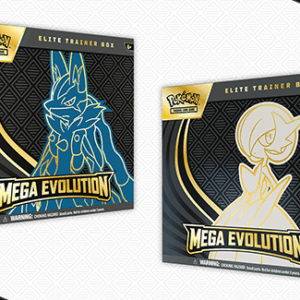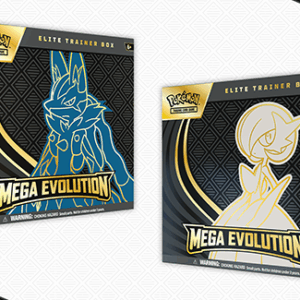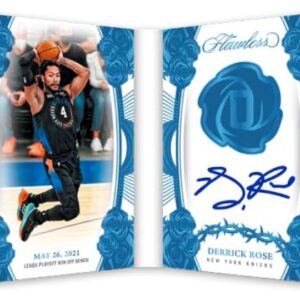In the vibrant tapestry of sports memorabilia collecting, an unexpected discovery has emerged, casting a warm glow on the fascinating history of early baseball cards. Tucked away in a Band-Aid box, of all places, a remarkable find was made—a cache of 39 cards from the elusive 1921 Herpolsheimer set, including nine cards that were hitherto unknown to the hobby’s enthusiasts. This trove, which lay hidden for nearly a century, has now been unveiled in Love of the Game Auctions’ ongoing event.
The Herpolsheimer cards, issued in 1921, have long been regarded as some of the rarest in the baseball card collecting world. To date, only 105 cards from this set had been authenticated and graded across both PSA and SGC population reports. This recent find not only expands the known universe of these cards but also enriches it with new faces.
Al Crisafulli, the auction director at Love of the Game, couldn’t hide his excitement. “I’ve been captivated by these for years,” he shared, reflecting a sentiment common among serious collectors who are aware of the rarity and historical value of the Herpolsheimer issue.
The story of this find is as intriguing as the cards themselves. In 2019, at an estate sale not far from Grand Rapids, Michigan, these cards were found nestled inside a Band-Aid box—a simple container that hid a small fortune in paper treasures. After maintaining contact with the card owner for four years, Crisafulli finally secured these gems for auction. They’ve since been graded by PSA, and each card will be auctioned off individually.
Among the haul is a card of Babe Ruth, only the second of its kind known to exist. Given the scarcity and the legendary status of the Great Bambino, this card alone is expected to command a high price at auction. Other Hall of Famers such as Tris Speaker, Grover Cleveland Alexander, Rabbit Maranville, John McGraw, Red Faber, and Sam Rice also grace this newfound collection, further bolstering its significance.
The backs of these cards are as interesting as their fronts, advertising the Grand Rapids retail store’s Boy’s Fashion Shop. The discovery of additional cards not listed in the original checklist—Dave Bancroft, Johnny Evers, Harry Hooper, Stuffy McInnis, Art Nehf, Wally Schang, George Sisler, Casey Stengel, and Fred Toney—suggests that the set is larger than previously thought, perhaps comprising 78 or 79 cards rather than the 69 or 70 that were once believed to make up the complete set.
Crisafulli first became aware of these cards in 2019 when the owner made a discreet inquiry on the Net54 sports card forum. The post piqued the curiosity of forum members and Crisafulli alike, who reached out and remained in touch until the auction consignment was secured.
The backstory of the Herpolsheimer Company is as rich and varied as the cards themselves. Founded by William Godlove Herpolsheimer and Charles G.A. Voigt as a dry goods store in 1870, it would go on to become a significant presence in Grand Rapids and beyond. Henry Herpolsheimer later took the helm, followed by his son Arthur, who steered the company into a merger and expanded into furniture sales. Tragically, Arthur’s life ended prematurely, adding a somber note to the family’s history.
The store’s legacy also touched national history when Betty Bloomer, who later became First Lady as the wife of President Gerald R. Ford, worked there as a fashion coordinator in 1942.
The discovery of this second batch of Herpolsheimer cards alters the narrative of their distribution and significance, suggesting a more widespread release than previously thought. It paints a picture of a department store that cleverly used the allure of baseball’s most celebrated figures to appeal to its clientele.
The Band-Aid box where these cards were found, a 1930s metal relic, is a poignant reminder of the journey these cards have taken—from a promotional tool in a local store to coveted historical artifacts in the world of collectibles.
As the auction date nears, these cards are poised to captivate the collecting community, offering a rare glimpse into the early days of baseball card collecting. Each card, with its faint pencil markings and wear from handling, tells a unique story—a story that collectors will soon have the chance to continue as they become the new guardians of these pieces of baseball history.






